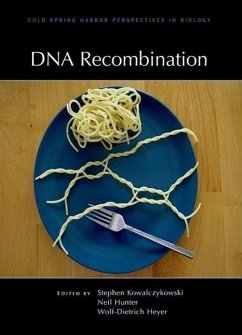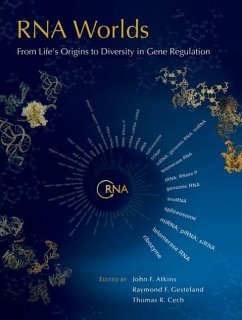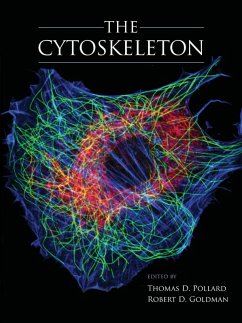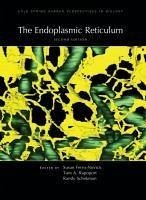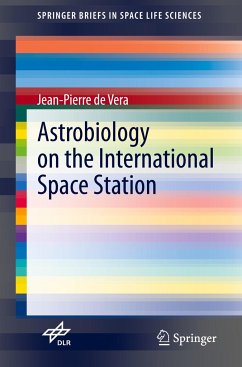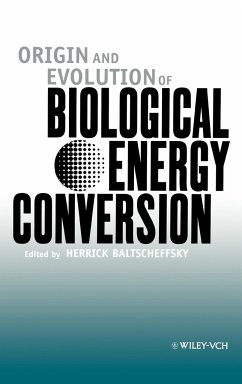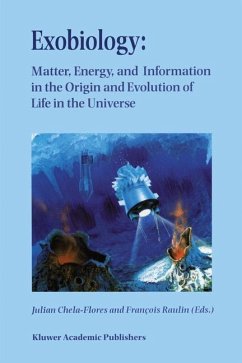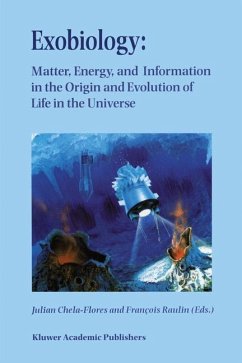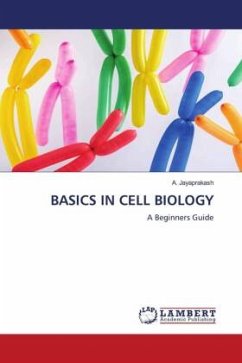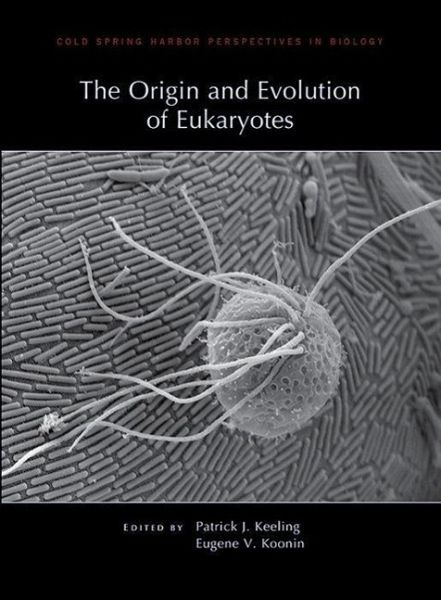
The Origin and Evolution of Eukaryotes
Versandkostenfrei!
Versandfertig in über 4 Wochen
132,99 €
inkl. MwSt.

PAYBACK Punkte
66 °P sammeln!
All protists, fungi, animals, and plants on Earth are eukaryotes. Their cells possess membrane-bound organelles including a nucleus and mitochondria, distinct cytoskeletal features, and a unique chromosome structure that permits them to undergo mitosis or meiosis. The emergence of eukaryotic cells from prokaryotic ancestors about 2 billion years ago was a pivotal evolutionary transition in the history of life on Earth. But the change was abrupt, and few clues exist as to the nature of the intermediate stages. Written and edited by experts in the field, this collection from Cold Spring Harbor P...
All protists, fungi, animals, and plants on Earth are eukaryotes. Their cells possess membrane-bound organelles including a nucleus and mitochondria, distinct cytoskeletal features, and a unique chromosome structure that permits them to undergo mitosis or meiosis. The emergence of eukaryotic cells from prokaryotic ancestors about 2 billion years ago was a pivotal evolutionary transition in the history of life on Earth. But the change was abrupt, and few clues exist as to the nature of the intermediate stages. Written and edited by experts in the field, this collection from Cold Spring Harbor Perspectives in Biology examines evolutionary scenarios that likely led to the emergence and rapid evolution of eukaryotes. Contributors review the mechanisms, timing, and consequences of endosymbiosis, as well as molecular and biochemical characteristics of archaea and bacteria that may have contributed to the first eukaryotic lineage. They explore all of the available evidence, including clues from the fossil record and comparative genomics, and formulate ideas about the origin of genomic characteristics (e.g., chromatin and introns) and specific cellular features (e.g., the endomembrane system) in eukaryotes. Topics such as the origins of multicellularity and sex are also covered. This volume includes discussion of multiple evolutionary models that warrant serious attention, as well as lively debate on some of the most contentious topics in the field. It will thus be fascinating reading for evolutionary biologists, cell and molecular biologists, paleobiologists, and all who are interested in the history of life on Earth.



